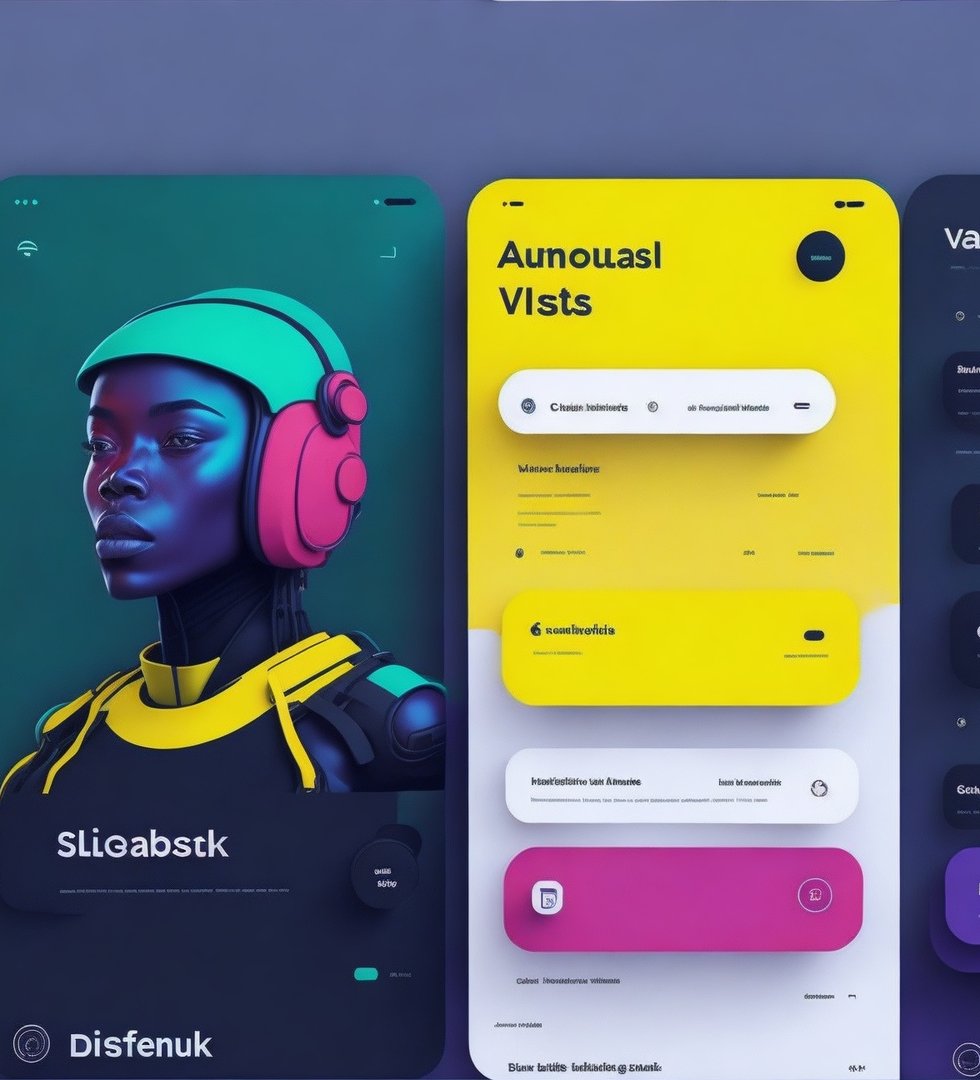PLAY
the key features of OpenLLM and delve into how it facilitates running inference, deploying models, and building AI applications with ease.
To facilitate easy integration into existing workflows, OpenLLM provides flexible APIs that empower developers to serve LLMs effortlessly. With a single command, you can deploy LLMs over RESTful API or gRPC, allowing seamless communication between your applications and the models. OpenLLM supports various query methods, including WebUI, CLI, Python/Javascript client, and any HTTP client. This versatility ensures that you can interact with LLMs using your preferred tools and programming languages.
OpenLLM offers first-class support for LangChain, BentoML, and Hugging Face, empowering users to create their own AI applications by combining LLMs with other models and services. This composability allows you to leverage the strengths of different models and unlock new possibilities in AI development. Whether you want to incorporate image recognition, speech synthesis, or recommendation systems alongside LLMs, OpenLLM provides the freedom to seamlessly integrate these components.
Efficient deployment is a critical aspect of any AI application development process. OpenLLM simplifies the deployment process by automating the generation of LLM server Docker images. Additionally, through the BentoCloud integration, you can deploy LLMs as serverless endpoints with ease. This streamlined approach saves valuable time and resources, enabling you to focus on building and enhancing your AI applications.
In today's rapidly evolving digital landscape, the ability to leverage open-source large-language models (LLMs) has become crucial for businesses seeking to enhance their AI capabilities. OpenLLM offers an exceptional solution that empowers developers and data scientists to harness the potential of LLMs. In this article, we will explore the key features of OpenLLM and delve into how it facilitates running inference, deploying models, and building AI applications with ease.
OpenLLM recognizes the importance of customization and provides the capability to fine-tune any LLM according to your specific needs. With the upcoming LLM.tuning() feature, you will have the ability to adapt LLMs to suit your unique requirements. This empowers you to enhance the performance of the models and tailor them to specific domains or tasks, further expanding the possibilities of AI application development.
01.Requirements
pip install openllm
pip install "openllm[flan-t5]"
02. Usage
openllm start flan-t5 --model-id google/flan-t5-large
import openllm
client = openllm.client.HTTPClient('http://localhost:3000')
client.query('Explain to me the difference between "further" and "farther"')
OpenLLM revolutionizes the way developers and data scientists work with open-source large-language models. Its comprehensive suite of features, including support for state-of-the-art LLMs, flexible APIs, freedom to build composable AI applications, streamlined deployment options, and upcoming fine-tuning capabilities, make it a powerful tool in the AI landscape. By leveraging OpenLLM, you can unlock the true potential of LLMs and build robust, intelligent AI applications that drive innovation and deliver exceptional user experiences.
Providing assistance
The web assistant should be able to provide quick and effective solutions to the user's queries, and help them navigate the website with ease.
Personalization
The Web assistant is more then able to personalize the user's experience by understanding their preferences and behavior on the website.
Troubleshooting
The Web assistant can help users troubleshoot technical issues, such as broken links, page errors, and other technical glitches.
Please log in to gain access on OpenLLM: State of the Art for Language Models file .
